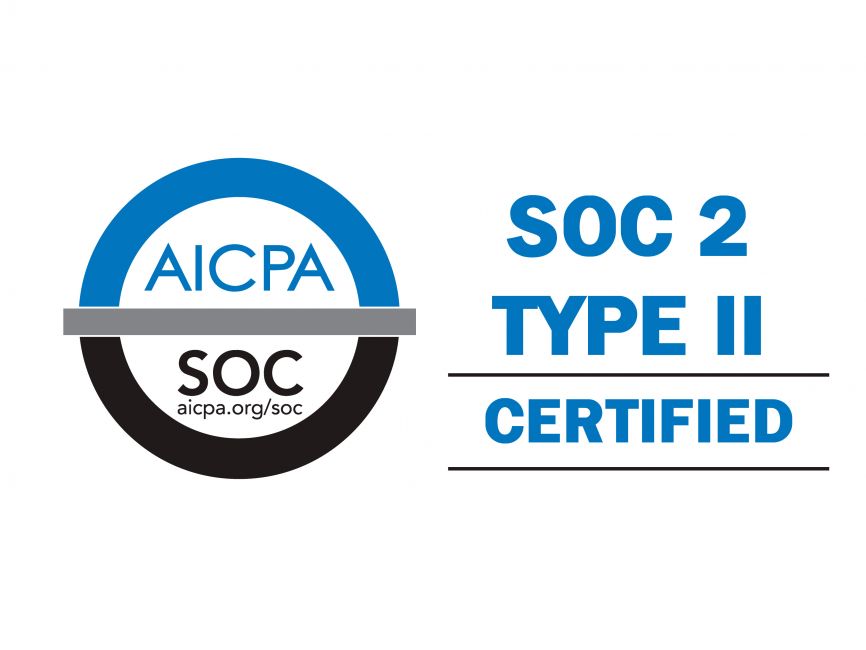Healthcare expenses can quickly add up, but with careful planning and innovative strategies, you can save money on your medical bills without sacrificing the quality of care you receive. Here are some tips to help you save money on healthcare costs:
Take Advantage of Preventive Services
Prevention is often more cost-effective than treatment. Take advantage of preventive services covered by your insurance plan, such as annual check-ups, vaccinations, and screenings. By detecting health issues early, you can avoid more costly treatments.
Use Generic Medications
When possible, opt for generic medications instead of brand-name drugs. Generic drugs are typically much cheaper than their brand-name counterparts but contain the same active ingredients and provide equivalent therapeutic effects. Ask your doctor or pharmacist if a generic alternative is available for your prescribed medication.
Shop Around for Healthcare Services
Don’t assume that all healthcare services cost the same. Prices for medical procedures, tests, and treatments can vary widely between providers and facilities. Before scheduling a healthcare service, research and compare prices from different providers to find the most cost-effective option. Many hospitals and clinics offer price transparency tools or can provide estimates upon request.
Consider Telemedicine
Telemedicine services allow you to consult with healthcare providers remotely, often at a lower cost than traditional in-person visits. Many insurance plans now cover telemedicine consultations for various non-emergency medical issues, such as colds, allergies, and minor injuries. Using telemedicine can save you time and money while still receiving quality healthcare.
Maximize Your Health Savings Account (HSA) or Flexible Spending Account (FSA)
If you have access to a Health Savings Account (HSA) or Flexible Spending Account (FSA) through your employer or individual insurance plan, take full advantage of it. These accounts allow you to set aside pre-tax dollars to pay for eligible healthcare expenses, such as deductibles, copayments, prescription medications, and certain medical supplies. Maximize your contributions to your HSA or FSA to lower your taxable income and save money on healthcare costs.
Negotiate Medical Bills
If you receive a medical bill that you believe is too high or cannot afford to pay in full, don’t hesitate to negotiate with the healthcare provider or billing department. Many providers are willing to work with patients to establish payment plans, offer discounts for prompt payment, or even reduce the total amount owed. Discuss your financial situation and explore options for reducing your medical expenses.
Stay In-Network
Whenever possible, seek healthcare services from providers in-network with your insurance plan. In-network providers have negotiated lower rates with insurance companies, which can result in significant savings for you. Before scheduling an appointment or procedure, verify that the provider is in-network to avoid unexpected out-of-pocket costs.
Review Your Insurance Coverage Annually
Health insurance plans and coverage options can change from year to year. Take the time to review your insurance coverage annually during open enrollment periods. Compare plans, evaluate your healthcare needs, and consider switching to a plan that offers better coverage at a lower cost. By staying informed and proactive, you can ensure you have the most cost-effective insurance coverage for your needs.
Saving money on healthcare costs requires proactive planning, wise decision-making, and advocacy for your financial well-being. By taking advantage of preventive services, using generic medications, shopping around for healthcare services, considering telemedicine, maximizing your HSA or FSA contributions, negotiating medical bills, staying in-network, and reviewing your insurance coverage annually, you can lower your healthcare expenses while receiving quality care. Remember, every dollar saved on healthcare costs is a step toward financial security and peace of mind.

